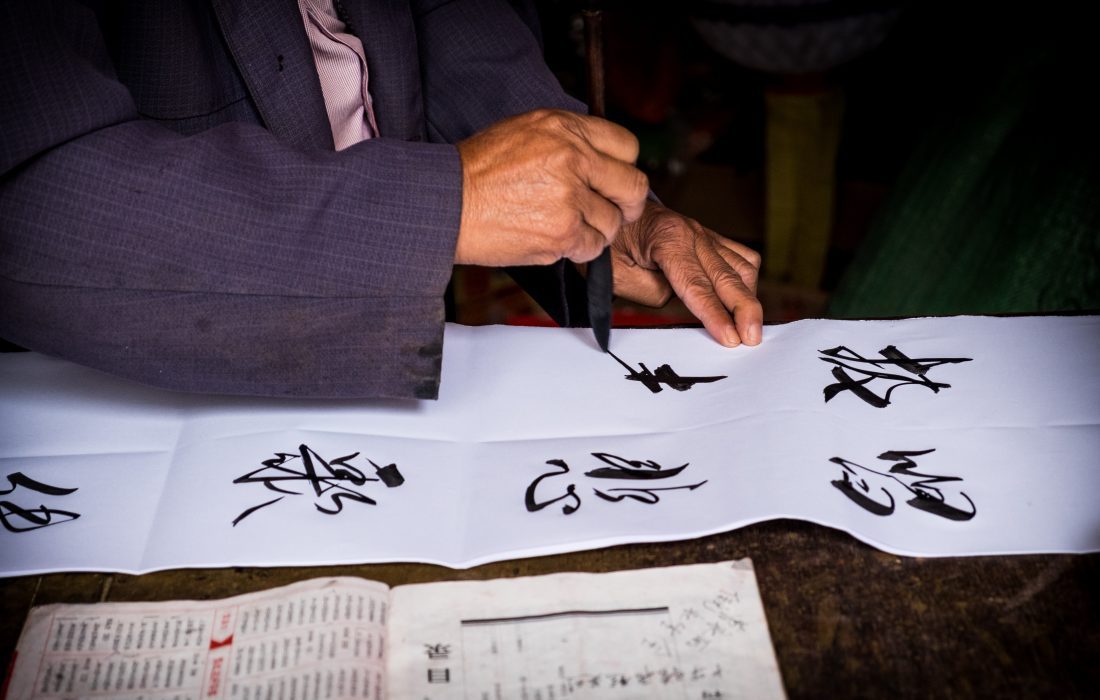Idioms are the heartbeat of any language, but in Chinese, they carry centuries of philosophy, humor, and wisdom in just a few characters. Translating them into English often risks flattening their meaning. For example, a four-character idiom (成语) may convey an entire story or moral lesson that’s impossible to compress into one English phrase. This article explores ten common Chinese idioms that lose their impact in translation—and how professional translators creatively adapt them to preserve both meaning and emotional weight.
- 对牛弹琴(Playing the lute to a cow)
Literal translations confuse readers; the idiom means ‘speaking to someone who can’t appreciate your point.’ Translators adapt this to ‘casting pearls before swine.’
- 塞翁失马(The old man lost his horse)
A classic idiom about unexpected fortune in misfortune. Translators render it as ‘a blessing in disguise’ to capture the moral twist.
- 纸上谈兵(Discussing warfare on paper)
This idiom means ‘theory without practice.’ In English, it becomes ‘armchair strategist,’ preserving tone and critique.
- 胸有成竹(Bamboo in the heart)
The idiom implies confidence and foresight. Translators use ‘have a clear plan’ to retain intention, even if imagery is lost.
- 狐假虎威(The fox borrows the tiger’s might)
Meaning someone uses another’s power to intimidate others. English equivalent: ‘riding on someone’s coattails.’
- 杞人忧天(The man who feared the sky would fall)
Translators adapt this as ‘needless worry’ or ‘chronic anxiety,’ simplifying its mythical origin for clarity.
- 水落石出(When the water recedes, the rocks appear)
The idiom symbolizes truth revealed over time. The adapted English phrase is ‘the truth will out.’
- 狼狈为奸(The wolf and jackal act together)
Describes collusion for wrongdoing. Translators might render it as ‘partners in crime.’
- 一箭双雕(Shoot two eagles with one arrow)
Equivalent to ‘kill two birds with one stone,’ but translators retain tone by emphasizing efficiency or cleverness.
- 挥金如土(Spending money like dirt)
Describes extravagance. Adapted to ‘throwing money around’ to convey the same criticism.
Conclusion
Chinese idioms are miniature stories. Translating them requires intuition, creativity, and cultural substitution. Professional translators strive not to mirror literal meaning but to echo emotional truth. That’s how cultural artistry survives across languages.
FAQs
Q: Why can’t idioms be translated literally?
A: Because they rely on cultural imagery and history unique to their origin.
Q: How do translators adapt idioms?
A: By replacing them with target-language equivalents that preserve meaning and tone.
Q: Why are idioms vital to localization?
A: They convey emotion, identity, and relatability within translated content.
Q: What’s a good example of cultural adaptation?
A: Turning ‘对牛弹琴’ into ‘casting pearls before swine.’
Q: How can idioms improve writing quality?
A: They add rhythm, imagery, and authenticity when used contextually.


